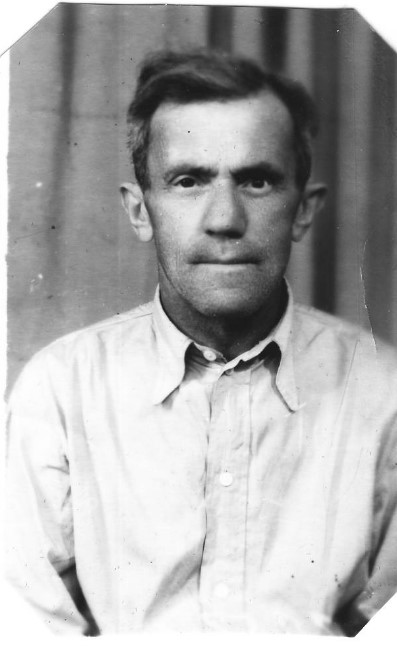
In 1930s, our great-grandfather lived in Odessa with his wife, son, and four daughters. At the same time, Hitler was preparing Germany for a war. The main goal of fascists was ethnic cleansing: the extermination and genocide of Slavs, Jews, and other ethnic groups of Eastern Europe. In this video we included pieces of documentaries about life in Odessa and the birth of fascism in Germany.
Germany’s invasion of the Soviet Union was the largest land offensive in human history, with around 10 million combatants taking part. It started on June 22nd 1941, and by August the German army was approaching and surrounding Odessa. As a result of Nazi Germany’s “Generalplan Ost” and “Final Solution”, millions of civilians--men, women, and children--in Nazi-occupied territories of the Soviet Union were killed, tortured, and died from hunger in labor and concentration camps. The total number of Soviets who lost their lives during the war is estimated to be around 20 million people. Below is a photostory told us by our grandma, Musya Ariyevich about what happened to her familiy (The photos are not of Isaak's family, but they very closely depict what was happening.)
Grandma: I was 9 years old and lived with my family in Odessa when the war started.

Soon after the war started, Odessa was bombed by German airplanes.
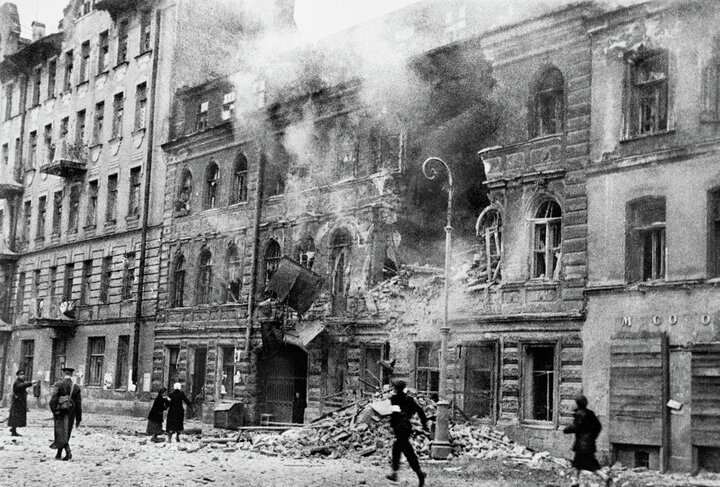
My siblings and I were hiding in bomb shelters for many hours during the day and night, often with no food or water.
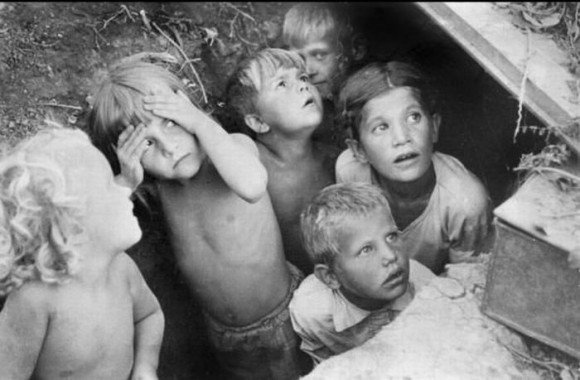
This continued until October of 1941, when Romanian and German forces entered Odessa.
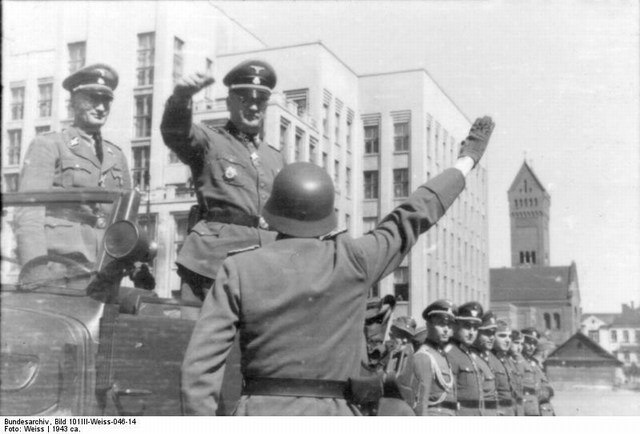
At that time, my father, who worked for the institute of stomatology, was assigned to take medical supplies to Stalingrad and took us with him. We escaped Odessa right before full German occupation and the Jewish Holocaust in Odessa began.
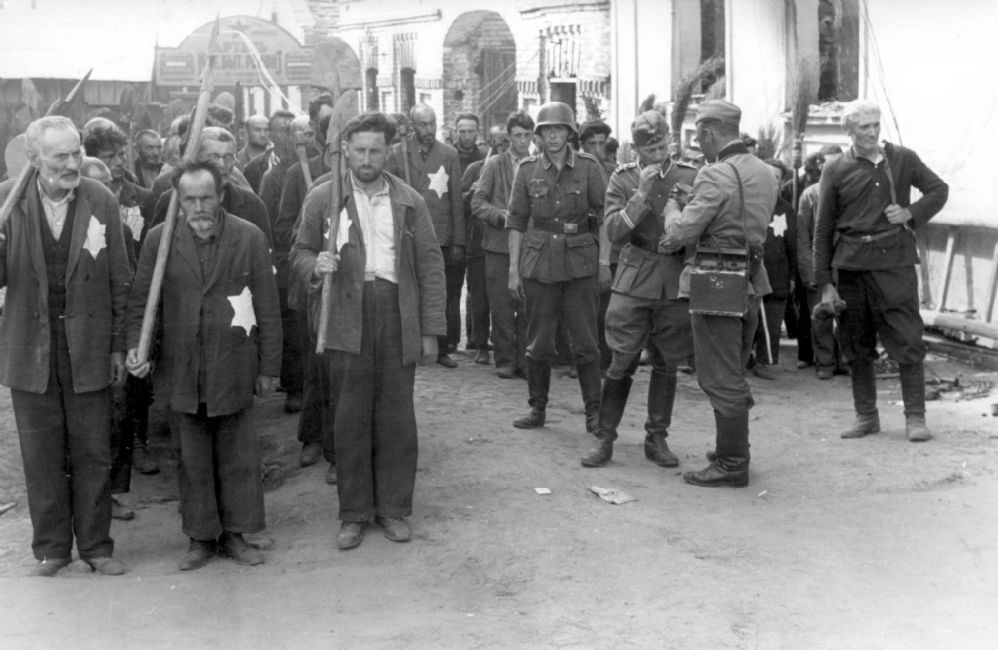
My grandmother and grandfather stayed in Odessa.
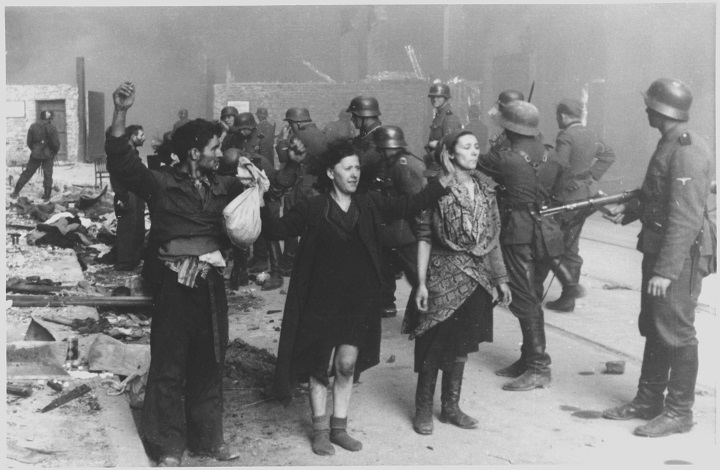
I was told later that Germans hanged my grandfather, and I don’t know what happened to my grandmother.
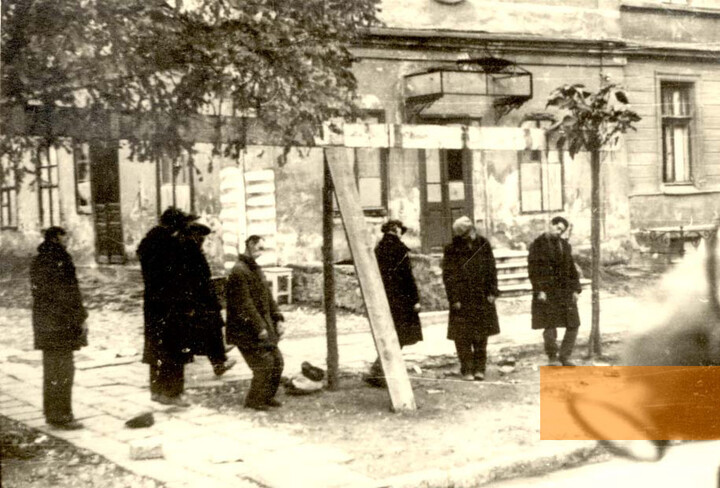
We stayed in Stalingrad for a short time (a local resident shared her apartment with us).
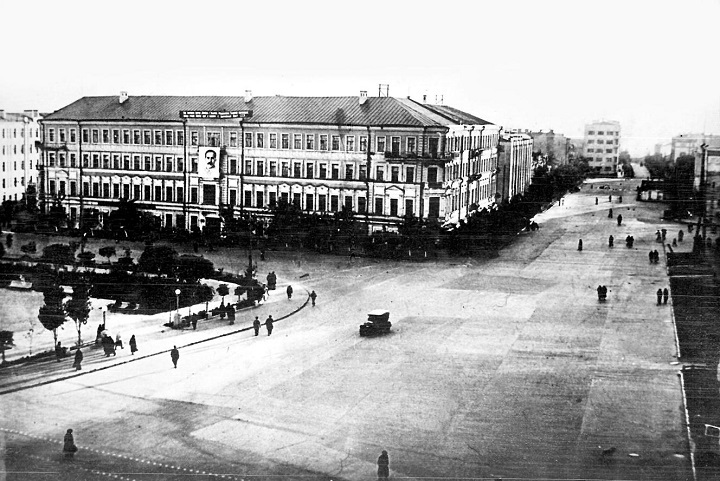
Bombing was getting worse and worse and around December of 1941 my parents decided to move farther south to Astrakhan.

I remember us boarding a ship with bombs falling all around us.
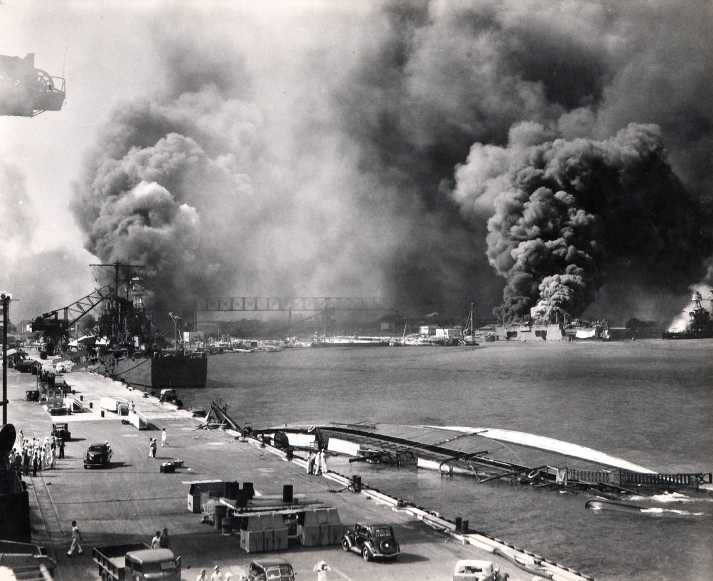
When we came to Astrakhan we settled in village Nikolskoe, in a barn.
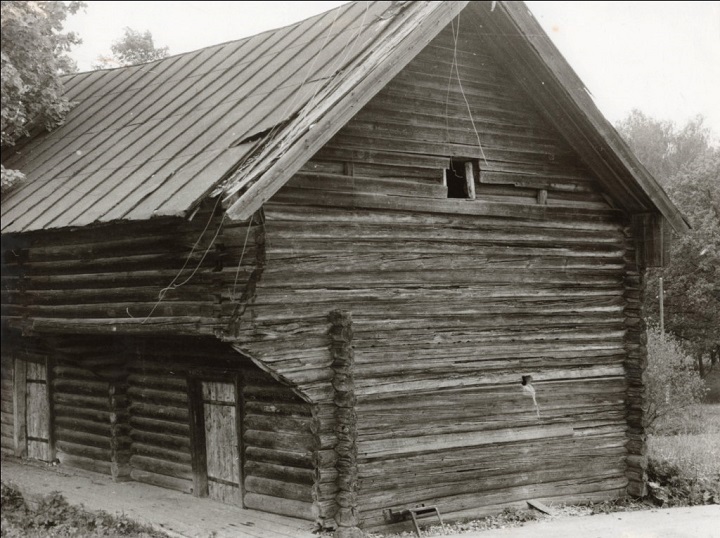
Soon after we arrived there, my mom was injured by a bomb explosion. It happened in January or February of 1942, I only remember that it was snowing.
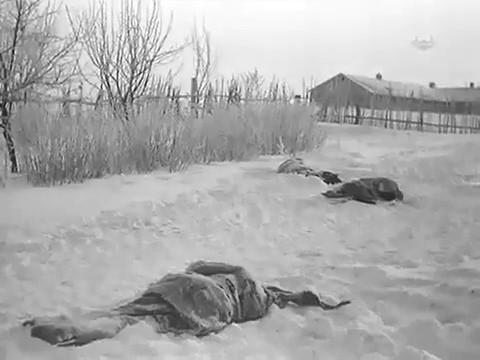
There weren’t any medical facilities nearby or medical help and she died several days later. My dad buried her in the forest nearby.

About a month later we moved to a mud hut. My younger sister Emma, who was still breast-fed when my mom was alive, died from hunger soon after. My dad buried her in the same mud hut where we lived.
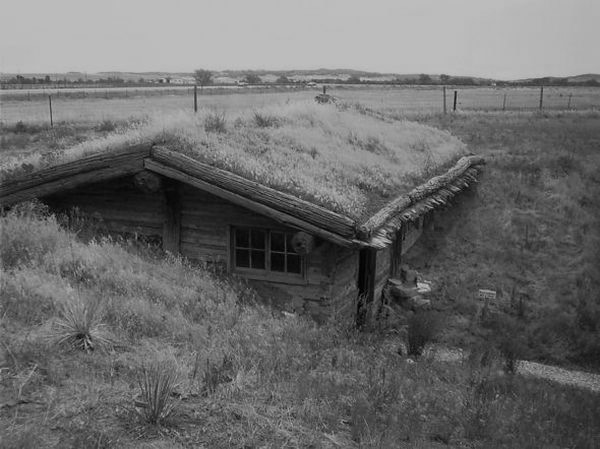
A few months later (spring of 1942) my father was called to active duty and my siblings and I were sent to different orphanages in the Astrakhan region, separated by age. All I remember from my years in the orphanage was hunger and sickness, and that we didn’t go to school.
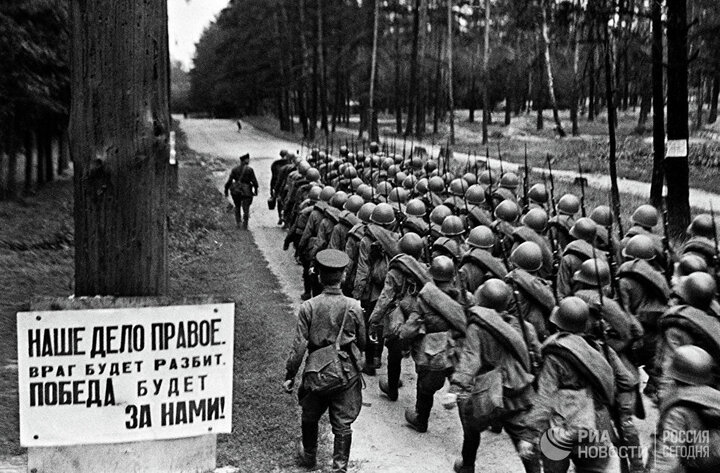
I stayed in the orphanage until 1946, when my father returned home from the army. We lost our old home and were given a very small one-room apartment. My father couldn’t take care of all of us, so my two younger sisters had to stay in the orphanage for two more years, until we were reunited in 1948. In 1946, at age 14, I started going to school again but had to start in fourth grade because I hadn’t gone to school for 4 years.
 EN
EN RU
RU